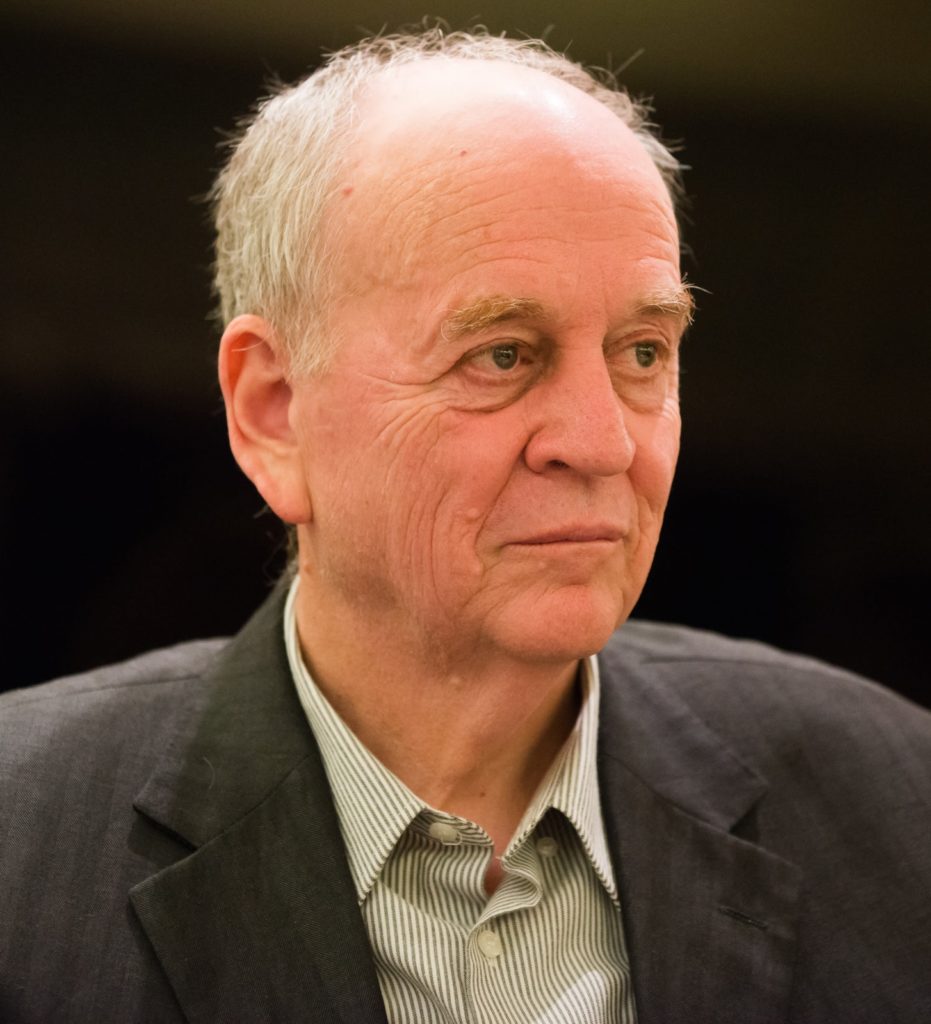
Don’t Just Dive Into Action: Stop to Think First
Don’t Just Dive Into Action: Stop to Think First
July 9, 2018
By Bradley R. Staats
The Wall Street Journal — As we’ve seen in recent weeks, some of the most dramatic moments of the World Cup are the penalty kicks, when the outcome of an entire match can rest on a showdown between the shooter and the goalie. In a penalty kick, the ball is placed 11 meters from the goal line and centered on the goal. The goalie must stay on the line but may move left or right before the ball is kicked.
Surprisingly, however, the goalie’s best strategy may be not to move at all. In a 2007 study published in the Journal of Economic Psychology, Michael Bar-Eli [and Ofer Azar] of Israel’s Ben-Gurion University and colleagues examined almost 300 penalty kicks taken against goalies in professional competitions. They found that goalies jump to the left 49.3% of the time, to the right 44.4% of the time and stay in the center only 6.3% of the time. Kicks, however, go to the left, right or center 32.2%, 28.7% and 39.2% of the time, respectively. This means that goalies are much more likely to stop a kick if they just stay put.
So why don’t they? The answer is simple, and it has implications for all kinds of work, including jobs far from the soccer pitch. The problem is that we have an action bias: We would rather be seen doing something than doing nothing. When the going gets tough, the tough get going, right? This idea is so deeply ingrained that we are afraid to give the appearance of doing nothing, even when it is the best strategy.
Worse, the need to be always “on” seriously hampers the most important work of all: learning. I’d go so far as to say that we live and work today in a learning economy. We can’t just be knowledge workers; we must also be learning workers. And learning requires recharging and reflection, not constant action.
The poster child for this idea is Thomas J. Watson Sr., the longtime CEO of IBM, who built the company into a major global organization. The story goes that in 1911, when Watson was in a meeting with sales managers at National Cash Register, he became frustrated by the lack of good ideas among the attendees. “The trouble with every one of us is that we don’t think enough,” he declared. “Knowledge is the result of thought, and thought is the keynote of success in this business or any business.”
The case for contemplation is powerful, yet most of us don’t include practicing reflection and relaxation in our professional tool kit. Why? One big reason is that we are often rewarded simply for the appearance of activity. A 2010 study by Daniel Cable and Kimberly Elsbach, published in the journal Human Relations, focused on passive “face time”—that is, simply being observed in the workplace, not actually doing any work. In a series of interviews and experiments, the researchers found that a worker who is seen to be at work early or late is more likely to be described as “committed” and “dedicated.”
Certainly, many of us consider working constantly to be a measure of status. In a 2016 study, Silvia Bellezza of Columbia Business School and colleagues conducted experiments in which they found that signaling busyness—for example, by shopping with an online grocery service rather than at an actual store, or by wearing a wireless Bluetooth headset rather than a pair of corded headphones—gave people higher status in the judgment of American observers.
But the conventional wisdom about busyness is wrong. In a 2015 study in the Harvard Business Review, Erin Reid of McMaster University studied overwork in consultants to see how it affected performance. She found that although managers penalized employees who admitted putting in less time at work, the managers could not tell the difference between those who really worked long hours and those who only said they did. She also found no difference in performance between those who worked more hours and those who worked fewer. So if overwork brings no real benefits, why are we so reluctant to pause for thinking and learning?
One reason is fear of regret. In the soccer study, researchers asked a sample of professional goalies about their strategy for penalty kicks. The majority responded that they preferred to dive left or right rather than stay in the center of the goal. When asked why, the goalies most often said that they would regret allowing a goal more if they stayed in the center than if they dived. In other words, they wanted to be seen to be doing something, even if that something was wrong.
When we sit at our desks and debate whether to take a short walk or to brainstorm for five minutes on the problem at hand, we may think that the time spent not acting is wasted. But we need sufficient time to rejuvenate during the workday, between workdays and on vacations if we are to be able to learn successfully. Busyness by itself doesn’t lead to learning.
This lesson was driven home to me many years ago, during a meeting with my mentor, the late Harvard Business School professor David Upton. I was rushing through my to-do list, trying to share everything I was working on. I have a tendency to talk fast when I get nervous, and that day I was flying a mile a minute. When I took a rare breath, Dave held up a hand to get me to pause. He waited a couple of seconds, looked me in the eye and gave me one of the best pieces of advice I have ever received: “Brad, don’t avoid thinking by being busy.”
So fight the urge to act for its own sake, and recognize that when the going gets tough, the tough take time to stop and think.
This essay is adapted from Mr. Staats’s new book, Never Stop Learning: Stay Relevant, Reinvent Yourself and Thrive, published by Harvard Business Review Press. He is a professor of operations at the University of North Carolina’s Kenan-Flagler Business School.




